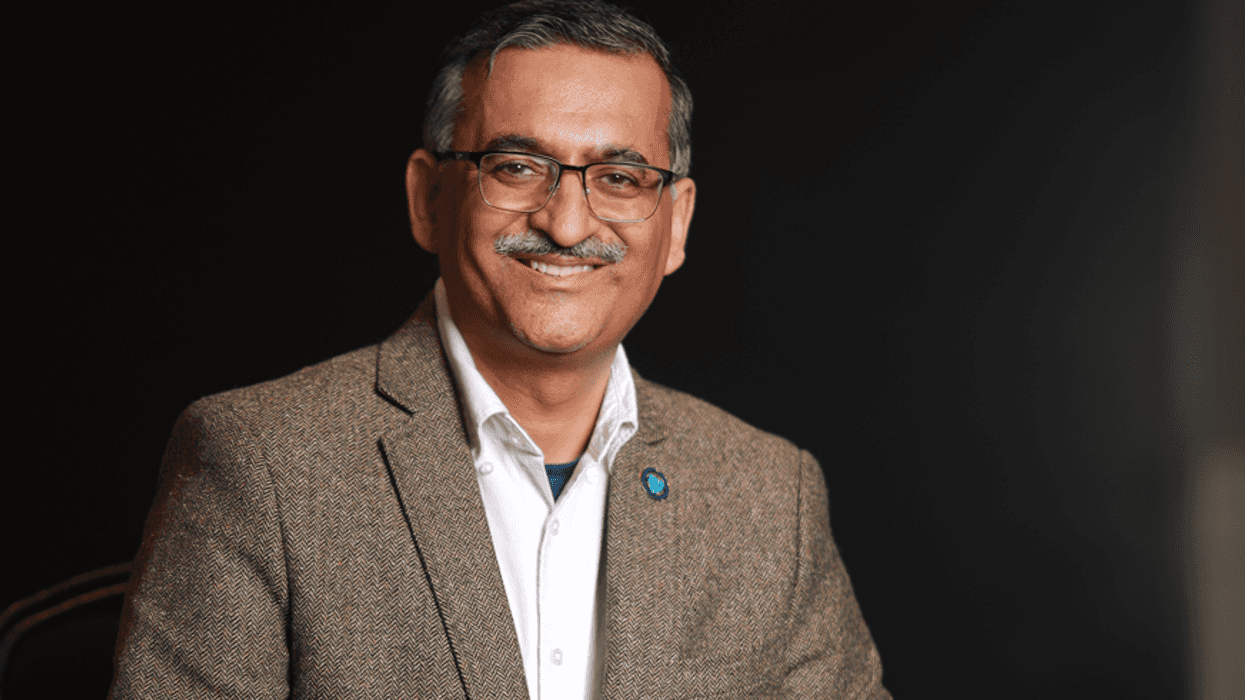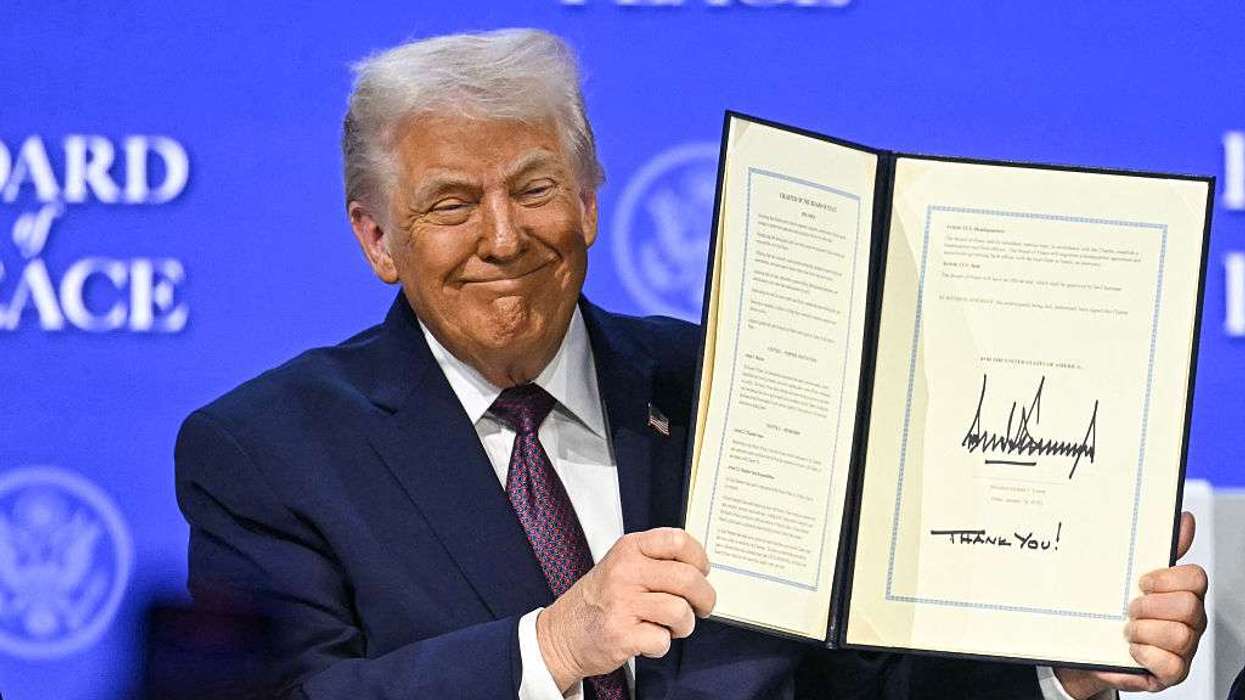Gautam Gambhir was "mentally the most insecure" but that didn't deter him from becoming one of India's most successful batsmen, former mental conditioning coach Paddy Upton writes in his newly-released book, an assertion that the feisty ex-opener doesn't even find hurtful.
Gambhir, who is a now a politician and competing from the East Delhi constituency, told PTI that he is confident that there is "no sinful intention in Upton's views as he is a nice man and in any case his insecurities are well documented".
In his book The Barefoot Coach, Upton discussed the myth of mental toughness of elite sportsperson and how they react to situations.
"I did some of my best and least effective mental conditioning work with Gautam Gambhir, the International Test Cricketer of the Year' in 2009. I worked with him up until that time but I had little to do with him being named world's best cricketer," Upton writes in his book.
Upton recalled how the left-handed opener would be in "agony" even after scoring a hundred and stressing more on the mistakes he might have made.
Upton termed Gautam as someone who was wired towards the lower end of the optimism/pessimism scale if 100 stands for "uber-optimistic" and 0 stood for pessimistic.
"Let's say his range was 20 to 40 with 30 being normal. When he scored 150, he would be disappointed in not scoring 200."
Upton wrote that no matter what he and then coach Gary Kirsten did Gambhir was "negative and pessimistic."
Upton then explained the contradiction and myth associated with mental toughness.
"Using popular notion of mental toughness, he was one of the weakest and mentally most insecure' people I have worked with.
"But at the same time, he was undoubtedly one of the best and most determined and successful Test batsmen in the world. Something he would prove yet again in 2011 World Cup final."
Upton then explained that positive self talk, which is "a pillar or sub-component of mental toughness -- It would work for about 50 percent of them, those who are lucky enough to be wired on the optimistic side of the scale."
Gambhir's response was, "I wanted myself and Indian team to be the best in the world. That's why I was not satisfied even after scoring 100 as it has been mentioned in Paddy's book. I see nothing wrong there. As a driven individual I have tried to raise the bar for myself alone."
In the same chapter, Upton wrote about former captain Mahendra Singh Dhoni's "incredible emotional control".
"I would go as far as to say, with greatest respect for MS the man and the cricketer, that it is not emotional control but the lack of access to emotions. MS is not wired as an emotional type. It's almost as if he doesn't have them; a performance enhancing gift from birth," Upton wrote.
He then put it in stark contrast with current captain Virat Kohli.
"Imagine taking that trait as the ultimate characteristic of a mentally tough athlete and then try to prescribe it to someone as emotionally wired like his successor Virat Kohli.
"Virat uses his visible and overt emotional charge to drive his success, whereas MS's success is facilitated by his lack of emotional charge," wrote Upton.



